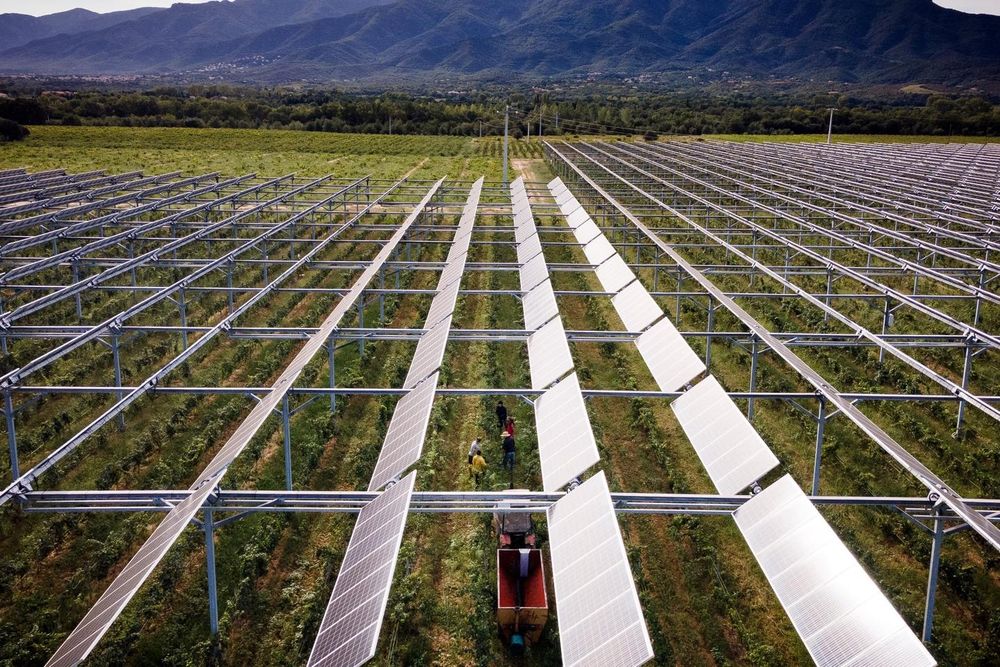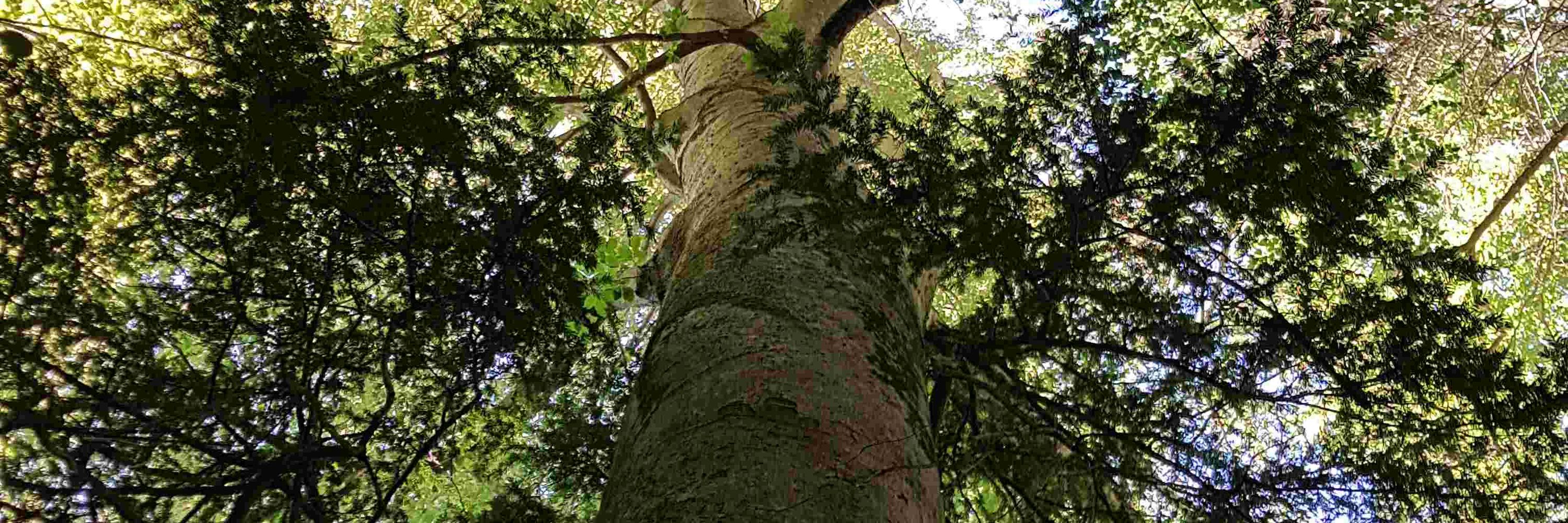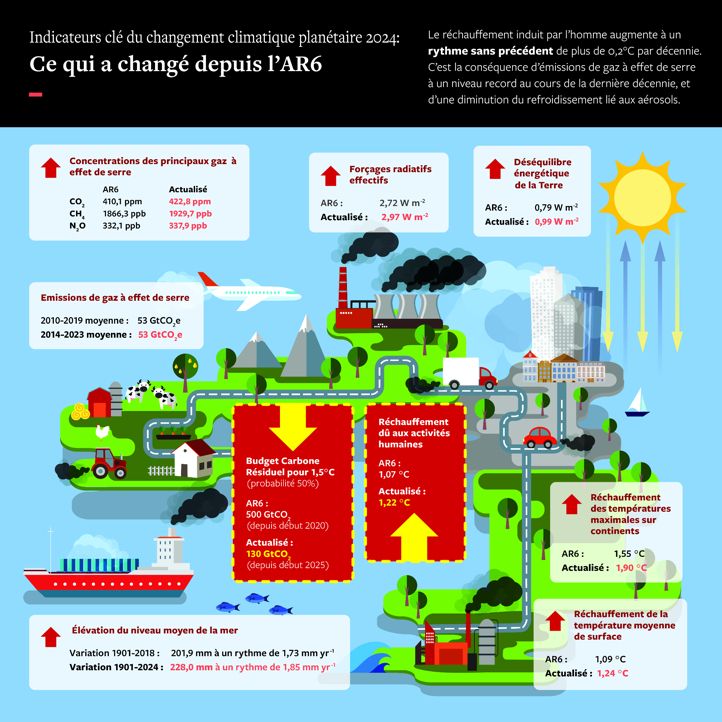Xavier Morin
@xaviermorin.bsky.social
1.5K followers
360 following
18 posts
Chercheur CNRS en écologie forestière au CEFE
CNRS Researcher in forest ecology at the CEFE
Posts
Media
Videos
Starter Packs
Xavier Morin
@xaviermorin.bsky.social
· Jun 19

Un moratoire sur l’éolien et le solaire adopté à l’Assemblée nationale par un vote conjoint de la droite et de l’extrême droite
L’amendement approuvé lors de l’examen de la loi sur le futur énergétique du pays, qui fera l’objet d’un vote solennel mardi, a été qualifié de « catastrophe économique et industrielle » par le député...
www.lemonde.fr
Xavier Morin
@xaviermorin.bsky.social
· Jun 19
Reposted by Xavier Morin
fdenhez.bsky.social
@fdenhez.bsky.social
· Apr 10

Climat : peut-on continuer à prendre l'avion… si on plante plus d'arbres ?
Dans son livre « Le chaos climatique n’est pas une fatalité », le patron de Voyageurs du monde, Jean-François Rial, assure que planter 180 milliards d’arbres dans les dix prochaines années nous facili...
www.marianne.net
Xavier Morin
@xaviermorin.bsky.social
· Apr 3
Xavier Morin
@xaviermorin.bsky.social
· Feb 17

Savez-vous ce qui émet un peu ou beaucoup de CO₂ : prendre l’avion, manger de la viande ou utiliser un sèche-linge pendant un an ?
Alimentation, transports, logement, chauffage, achats d’équipement ou du quotidien… Testez vos connaissances des ordres de grandeur avec notre quiz.
www.lemonde.fr
Xavier Morin
@xaviermorin.bsky.social
· Feb 12

Diversity enhances forest productivity through its effect on the number of trees within forests.
Xavier Morin, CEFE, CNRS, University of Montpellier, EPHE, IRD, Montpellier, France, discusses his article: More species, more trees: The role of tree packing in promoting forest productivity The e…
jecologyblog.com
Xavier Morin
@xaviermorin.bsky.social
· Jan 14
Xavier Morin
@xaviermorin.bsky.social
· Jan 8
Xavier Morin
@xaviermorin.bsky.social
· Jan 6
Xavier Morin
@xaviermorin.bsky.social
· Jan 6
Xavier Morin
@xaviermorin.bsky.social
· Jan 6
Xavier Morin
@xaviermorin.bsky.social
· Jan 6
Xavier Morin
@xaviermorin.bsky.social
· Jan 6
Xavier Morin
@xaviermorin.bsky.social
· Jan 6
Xavier Morin
@xaviermorin.bsky.social
· Jan 6





